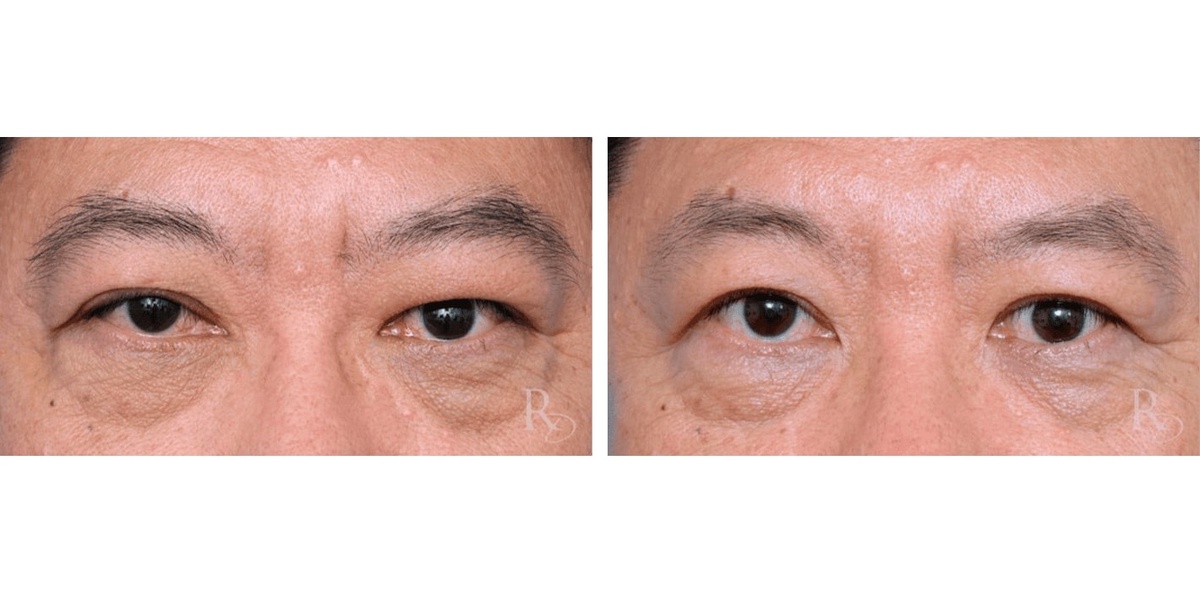Thyroid Eye Disease (TED), also known as Graves' ophthalmopathy, is a condition that affects the eyes and surrounding tissues. It is commonly associated with an overactive thyroid, but it can occur in those with normal thyroid function as well. The disease can lead to a range of eye symptoms, including bulging eyes, double vision, dryness, and redness. Fortunately, there are various treatment options available to help manage and improve the condition. In this article, we'll explore some of the key Thyroid Eye Treatment, and provide valuable insights into this condition.
- Medical Management: When it comes to treating Thyroid Eye Disease, medical management is often the first line of defense. Steroids, such as prednisone, are commonly prescribed to reduce inflammation and alleviate symptoms. Other immunosuppressive medications may also be used to control the autoimmune response responsible for TED.
- Orbital Decompression Surgery: Orbital decompression surgery is a surgical procedure that can be beneficial for patients with severe cases of Thyroid Eye Disease. It involves the removal of bone and/or fatty tissue from the eye socket to create more space for the bulging eyeball, reducing pressure on the optic nerve. This procedure can help improve eye appearance and reduce symptoms like double vision.
- Eyelid Surgery (Blepharoplasty): For those with eyelid retraction or drooping caused by Thyroid Eye Disease, eyelid surgery, or blepharoplasty, can be a viable treatment option. This surgery helps restore a more natural eyelid position, improving both the appearance and function of the eyes.
- Tear Management: Dry eyes and irritation are common symptoms of Thyroid Eye Disease. Tear management techniques may include the use of artificial tears, ointments, or punctal plugs to retain tears in the eyes.
- Smoking Cessation: Quitting smoking is crucial for individuals with Thyroid Eye Disease. Smoking exacerbates the condition and can lead to more severe symptoms. Therefore, kicking the habit is an essential part of treatment.
- Consulting a Specialist: Thyroid Eye Disease is a complex condition that requires specialized care. Consulting an experienced thyroid eye specialist is essential for accurate diagnosis and a tailored treatment plan. Dr. Raymond Douglas, a renowned thyroid eye specialist, offers expert care and a range of treatment options for TED patients, as mentioned on his website.
Dr. Raymond Douglas is a leading expert in the field of Thyroid Eye Disease. His extensive experience and dedication to TED patients have made him a trusted authority in the treatment of this condition. By visiting his website, patients can gain valuable insights into the latest advancements in TED treatment and learn more about the services he offers to those seeking relief from the symptoms of Thyroid Eye Disease.
In conclusion, Thyroid Eye Disease, or Graves' ophthalmopathy, can have a significant impact on a patient's quality of life. However, with the right treatment plan, many of the distressing symptoms can be managed or improved. It is crucial for individuals with TED to consult with a specialist and explore the various treatment options available, as outlined above, to find the most suitable approach to alleviate their symptoms and enhance their eye health.
For more details, Visit: https://raymonddouglasmd.com/


No comments yet